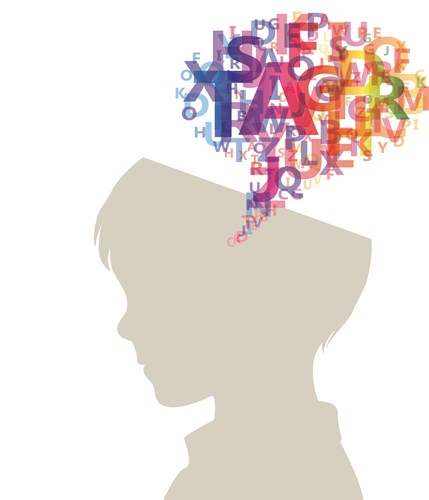Latest Research

Behavior Checker, our books, and our programs support the new public health movement of preventing toxic stress in children’s lives to improve their health, learning and behavior by helping parents and caregivers manage children’s common behavioral issues through evidence-based strategies that develop safe, stable, nurturing relationships between emotionally available, engaged, attuned adults and children.
Here are quick links to recent scientific studies in health, learning and behavior that support this movement and many of the principles forming the foundation of Behavior Checker.
